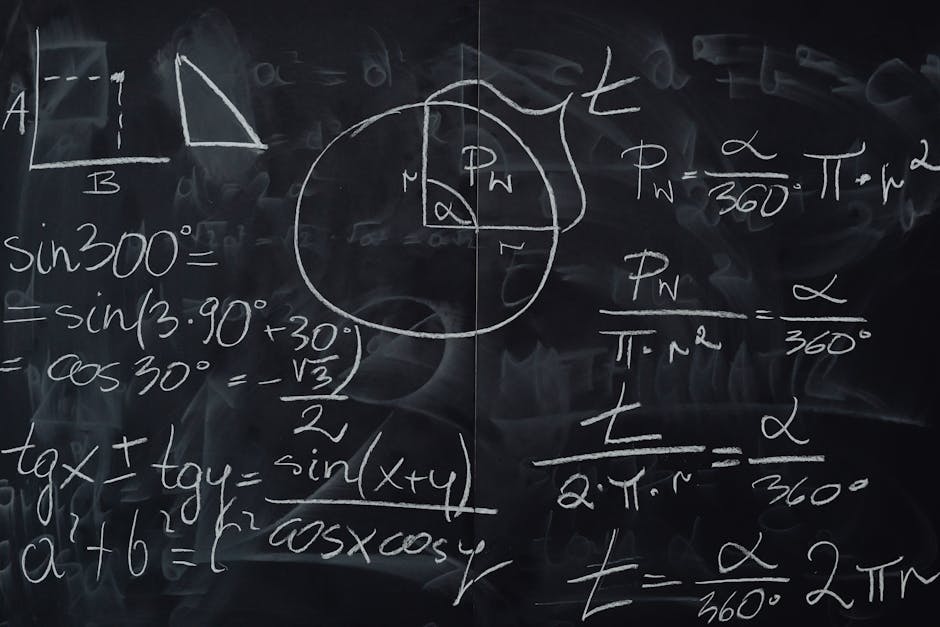A primary constraint lies in the inherent incompleteness of scientific knowledge. Science operates through a process of iterative refinement, constantly building upon existing frameworks. Current understanding invariably represents a snapshot in time, susceptible to revision or even complete overhaul as new data emerges and theories evolve. Newtonian physics, for example, provided an extraordinarily accurate model of the universe for centuries, yet it proved inadequate to explain phenomena at extremely high speeds or small scales, leading to the development of Einstein’s theories of relativity and quantum mechanics. This continuous process of refinement underscores the provisional nature of scientific knowledge; absolute certainty is generally unattainable.
Another significant limitation is the problem of confirmation bias. Scientists, like all humans, are susceptible to biases that can unconsciously influence the design, interpretation, and dissemination of research. This might involve selectively focusing on data that supports pre-existing hypotheses while downplaying or ignoring contradictory evidence. Furthermore, the pressure to publish positive results those supporting a particular hypothesis can incentivize researchers to overlook flaws in methodology or to selectively report findings. Rigorous peer review processes are intended to mitigate this, but they are not foolproof. The replication crisis across various scientific fields highlights the ongoing challenge of ensuring the reliability and reproducibility of research findings.
The philosophical problem of induction presents a fundamental challenge to scientific knowledge. Inductive reasoning drawing general conclusions from specific observations is the cornerstone of scientific methodology. However, no matter how many observations support a particular hypothesis, there is no logical guarantee that future observations will continue to do so. A single contradictory observation can invalidate a previously well-supported theory. This limitation underscores that scientific knowledge is always tentative, always open to revision in the face of new evidence.
Furthermore, the complexity of many systems poses significant hurdles to scientific understanding. While reductionism breaking down complex systems into simpler, more manageable components has proven invaluable in many scientific fields, it also risks overlooking emergent properties that arise from the interactions of these components. Understanding the behavior of a complex system like the human brain, the global climate, or an ecosystem necessitates grappling with intricate networks of interconnected variables, interactions, and feedback loops, far beyond the capacity of current modeling techniques. Approximations and simplifications are often necessary, leading to potentially incomplete or inaccurate models.
The inherent limitations of our observational tools and techniques also constrain scientific knowledge. Our instruments are finite, capable of only detecting and measuring certain phenomena within a limited range. Technological advancements constantly expand these limits, revealing new aspects of the universe, but fundamental limitations remain. For example, our ability to directly observe phenomena at extremely small scales (quantum realm) or extremely large scales (cosmological distances) is inherently limited, necessitating the use of indirect methods and sophisticated theoretical frameworks.
Ethical considerations also significantly shape the boundaries of scientific inquiry. Certain lines of research may raise serious ethical concerns, such as those involving human experimentation or genetic modification. Ethical review boards and regulatory frameworks are established to mitigate these risks, but complex ethical dilemmas frequently arise, demanding careful consideration and potentially restricting research avenues. For instance, the pursuit of knowledge in fields like artificial intelligence or biotechnology must constantly balance potential benefits with potential risks to society and the environment.
Finally, the influence of societal values and cultural contexts on scientific knowledge should not be overlooked. Scientific research is not conducted in a vacuum; it is influenced by the prevailing societal values, economic priorities, and political landscapes. Funding decisions, research agendas, and the interpretation of findings can be shaped by external factors, potentially leading to biases and skewed priorities. Understanding these influences is crucial for critical evaluation of scientific claims and for ensuring the responsible application of scientific knowledge.
In conclusion, scientific knowledge, while powerful and transformative, is not without its inherent limitations. These limitations, stemming from methodological constraints, the complexity of the natural world, and ethical considerations, highlight the provisional and ever-evolving nature of scientific understanding. Recognizing these constraints fosters a more nuanced and responsible approach to the interpretation and application of scientific findings, encouraging humility and continuous critical evaluation in the pursuit of knowledge. The inherent uncertainty should not be viewed as a weakness, but rather as a crucial aspect defining the dynamic and ever-progressing nature of scientific endeavor.
